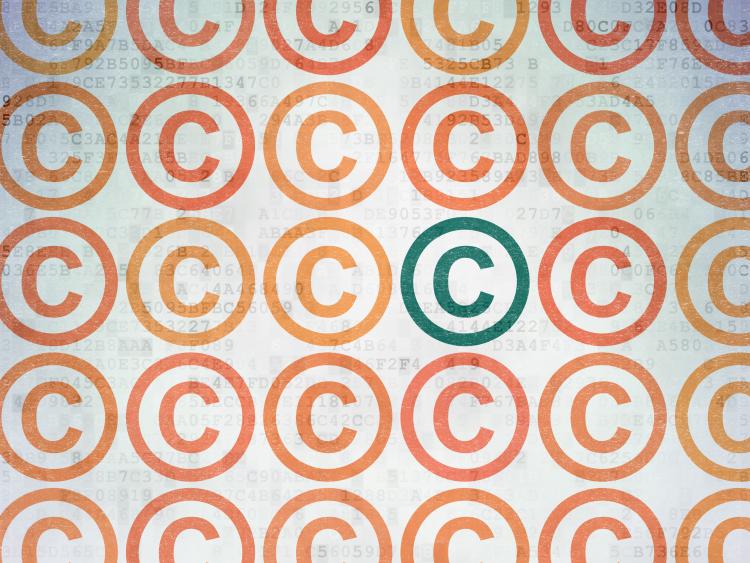
On March 26, 2019, members of the European Parliament voted to pass the controversial Copyright Directive which will bring significant reforms to how online content is governed. However, the bill which passed by a vote of 348 in favour to 274 against still needs approval from the European Counsel before it becomes law.
The two key provisions of the Copyright Directive seek to reduce the "value gap" between profits made by Internet platforms and content creators. Article 15 (previously 11) purportedly achieves this goal by requiring that aggregator sites pay copyright holders to host links containing snippets or excerpts of news stories. Likewise, Article 17 (previously 13) addresses the gap by requiring platform companies to actively filter uploaded content for copyright violations so that they do not profit from unlicensed materials.
The Copyright Directive has been the subject of fierce debate from tech giants, copyright holders, and digital rights activists. Advocates argue that the directive will level the playing field between American tech giants and European content creators while giving copyright holders power over how Internet platforms distribute their content. However, critics argue that the law is vague and will restrict how content is shared online, stifling innovation and free speech in the process. Details of legislation have yet to be decided by individual EU member states, but the law is expected to significantly impact how the Internet works in both Europe and abroad.
Summary By: Jae Morris
E-TIPS® ISSUE
Disclaimer: This Newsletter is intended to provide readers with general information on legal developments in the areas of e-commerce, information technology and intellectual property. It is not intended to be a complete statement of the law, nor is it intended to provide legal advice. No person should act or rely upon the information contained in this newsletter without seeking legal advice.
E-TIPS is a registered trade-mark of Deeth Williams Wall LLP.
